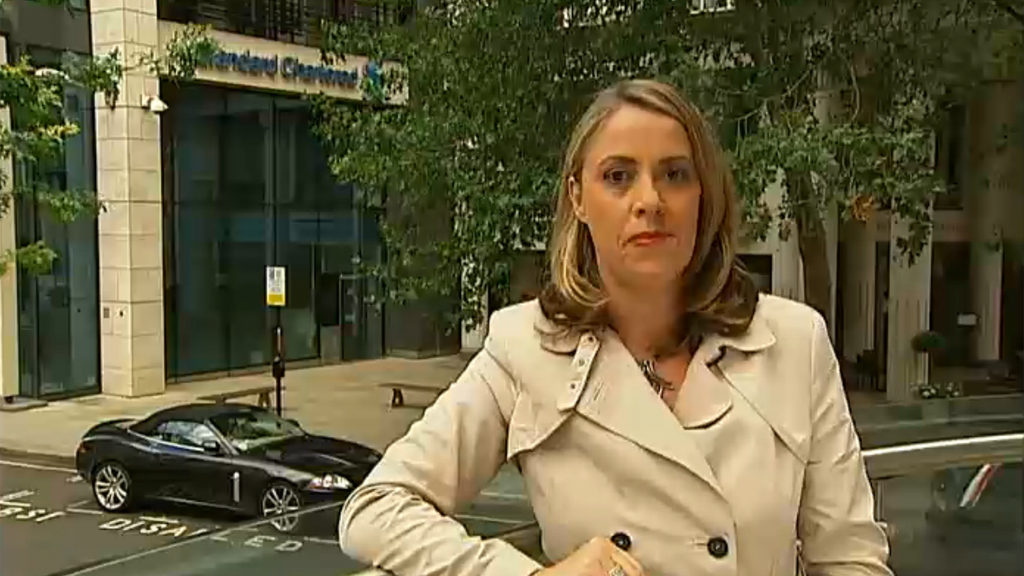BBC sexual assault claims: my experience of harassment
As the BBC launch an inquiry into their cultural practices in previous decades Business Correspondent Sarah Smith has been looking at her own experience there in the 1990s in a new light.

I joined the BBC in Glasgow as a 20 year old trainee in 1989. I never saw any underage sex or rapes. But in those days sexist jokes and inappropriate touching were considered normal.
That year the BBC Scotland TV newsroom Christmas party had the theme of “Grape and Vine”. Someone who thought it was funny went around Broadcasting House and tippexed out the G on every poster, changing the theme to “Rape and Vine”.
One of my fellow, female, trainees made a serious complaint, saying she didn’t want to work in a newsroom displaying these posters and she asked for them to be removed. She was immediately shunned by most of the male journalists in the place. Ridiculed for being unable to take a joke and then apparently treated unfairly when assignments were being handed out. The posters stayed in place and our only avenue of protest was to boycott the party.
When I moved to the TV Centre in London I soon discovered everyone knew who the most notorious sexual harassers were.
The young female staff all shared their experiences so the new girls would be warned. Party conferences were always considered particualrly dangerous territory for a young pretty researcher or production assistant.
Outrageous rumours of senior journalists pressuring younger, more junior staff into sex were commonplace. Sometimes involving explicit threats. Other times, I’m sure the men may have thought they were enjoying consensual sexual relations, but given the disparity in age and seniority between them and their partners, it’s hard to know just how consenting it really could be.
I remember being distinctly nervous before several filming trips when I was travelling to remote locations with men whose harassing reputations preceded them. I always made sure my bedroom door was locked and considered myself lucky that no one ever tried to grab me. Now, of course, I know that I had a right to undertake my duties without fear of harassment. Then it was considered an occupational hazard.
What I don’t know is whether the BBC was any different from other large workplaces. At the time I had female friends in the city who had terrible tales to tell. We all assumed this was normal. And because we knew from gossip and rumours it had all been much worse in the 1970s we thought we had it easy.